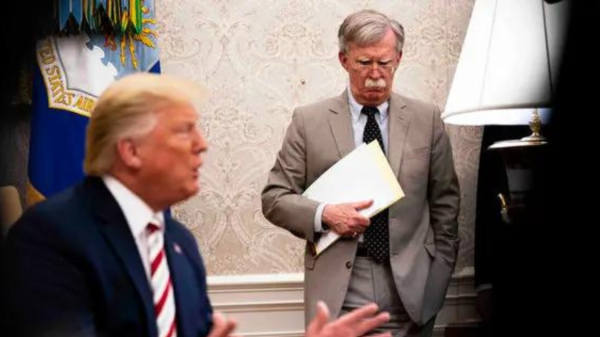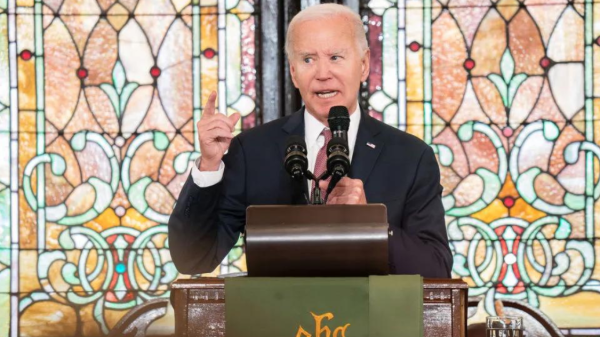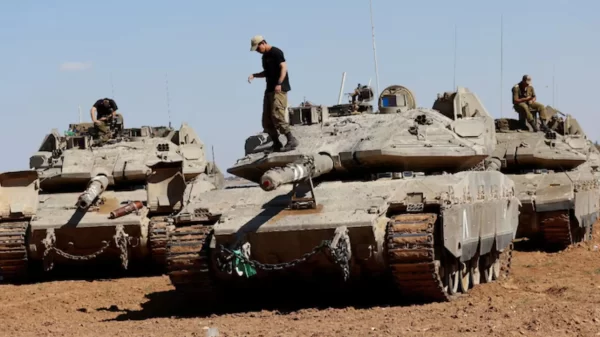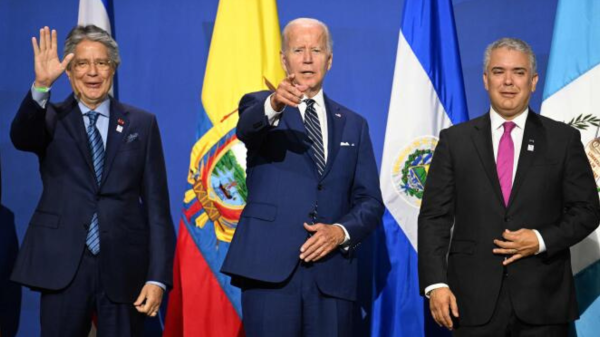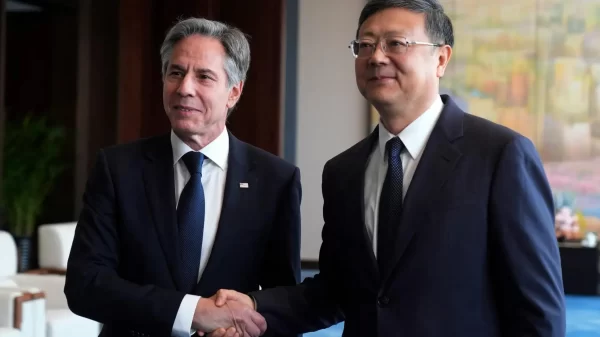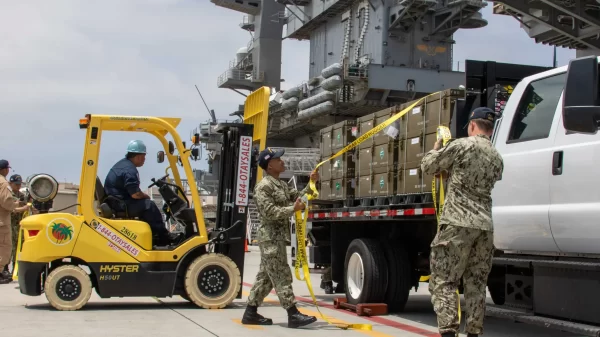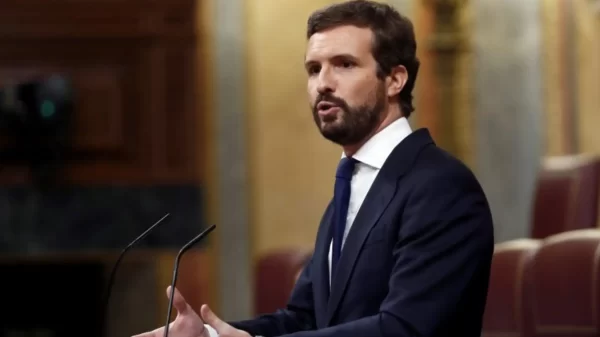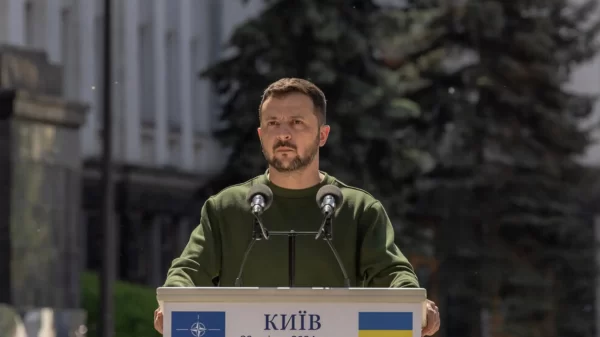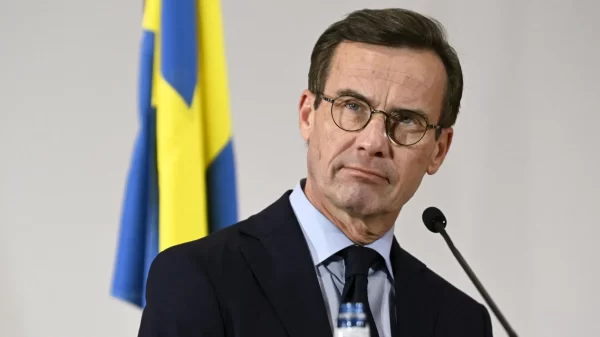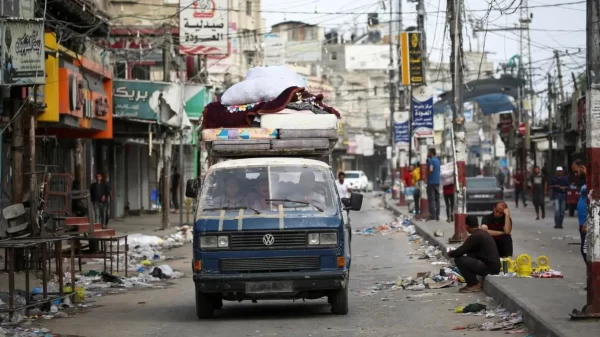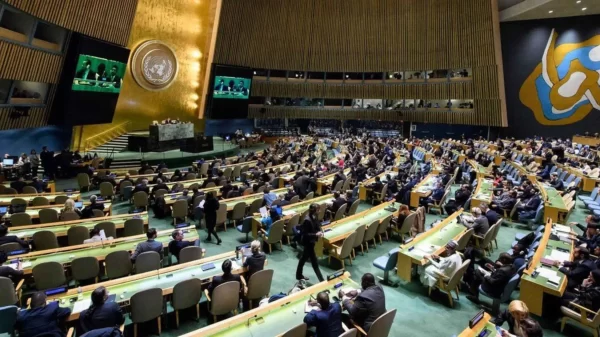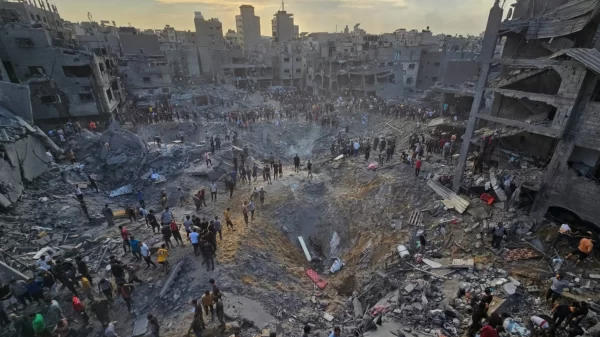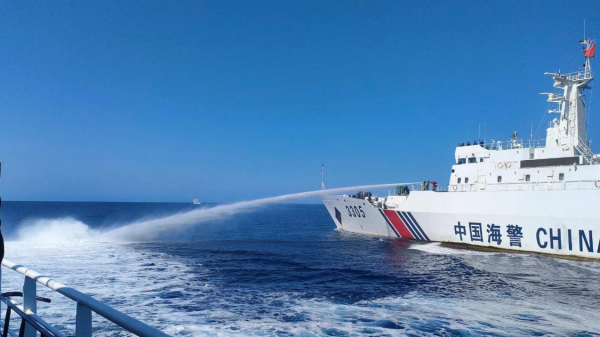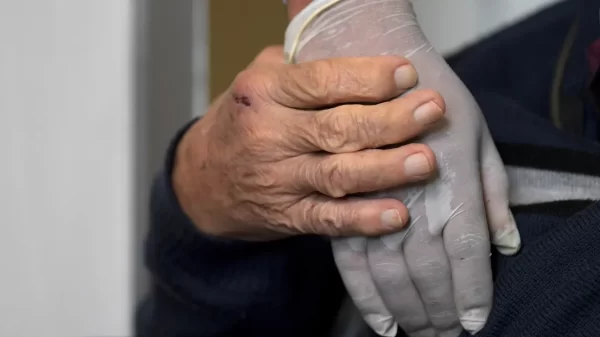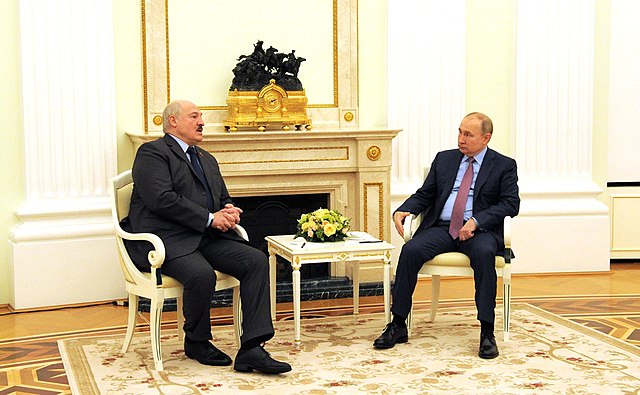The reigns of all autocrats, despots and strongmen eventually come to an end, and it usually doesn’t go terribly well for them at those latter points. Whether it is like Tsar Nicholas II Romanov, Benito Mussolini, Saddam Hussein, Muammar al-Qaddafi, or anyone before and in between, there is sometimes a reasonable chance of being “made an example of,” so to speak, on what might be called their “final exit.” Yet as the paper sourced right in the previous sentence illustrates, it, statistically speaking, is less likely than any of the other forms of betrayal and possible regime change that an autocrat might fear to one day suffer; Vladimir Putin is no different in this way, as in many others undoubtedly.
This end can come from any number of causes, as history demonstrates, yet autocrats fear them all, and believe that any one might lead to their own gruesome and ironic death; sometimes, this is because the society or entrenched power feel that leader has chosen not to do something, and at other times, it is decided precisely that it was what they did do that was the issue, and that then leads them towards the end they so choose to endeavor upon. Autocrats do not always find themselves murdered of course, but it is always a threat and fear in their minds all the same.
For President Vladimir Putin of the Russia, however, one might be able to look back already and say with reasonable certainty the day or week in which the President acted so unreasonably and without sense or logic regarding Ukraine, that he sealed his own inevitable exit, one way or another – if still only eventually. While Putin has acted horrendously by varying degrees before, and has acted this way towards his own people, it is what he has chosen to do regarding Ukraine today, and not what he has done or failed to do regarding his own nation or people, that has likely sealed his fate and legacy domestically, internationally and historically.
In a piece I wrote before the violence of this Russian-Ukrainian Conflict began in this newer, more overt and nefarious stage and theatre of international proceedings, I stated that, in some ways, Vladimir Putin was pushing and manipulating the allies of the European Union and United States to the proverbial and literal bargaining tables, and that that move demonstrated a certain diplomatic and international guile that he might effectively leverage. What then occurred, of course, was and has been utter barbarism and sheer, unadulterated madness, full of massive misjudgments and, far from reflecting sound foreign policy decision making, it all reflects deeply pseudo-historical reasonings that few westerners could inherently comprehend without a bit of explanation or study.
Fast-forwarding beyond that essay, however, and there is a full-blown conflict in Eastern Europe, in which great swaths of the planet have sided and banded together in various ways to assist Ukraine as Russia and its own allies continue to struggle, ineffectively and embarrassingly, to sink their claws into this historical prize and object of Vladimir Putin’s imagination. And while the world watches and waits with bated breath for some type of positive resolution to come of this horrifying barbarism, another clock is ticking as well: Vladimir Putin, with the invasion of the Ukraine and his support for new Russian satellite, unrecognized Republics, has set in motion the end of both his reign in Russia, and likely this current iteration of that massive, historical polity too.
For the current sanction regime against Russia is massive, stifling and seemingly only growing; meanwhile, that military force, even with the help of allied nations, has not found great success with their invasion of Ukrainian towns and cities, and there is little evidence suggesting that adding the Belarusian military would positively affect that in any meaningful manner. While the economic, social and military circumstances are disintegrating before the eyes of the entire world, as the oligarchs flee in the superyachts that have not been seized by foreign authorities the world over, without great swaths of their usable capital at hand, time ebbs away to a period in the near future where Vladimir Putin will neither have the power or the privilege that he has for so many decades held.
Now, to be clear, this is not an essay of regime change advocacy – like one might read in other newspapers or magazines; the US has no place changing regimes around the world, or in advocating or working with policy that actively powers those aims. Period. Yet Vladimir Putin has also made his own proverbial bed at this juncture, and has set himself upon the course towards his own end, and very likely the new beginning of Russian society and international cooperation too.
While the international outcry regarding his decision to invade Ukraine, support the breakaway, unrecognized Republics of Luhansk and Donetsk and the barbarity of this war that he is waging upon his western neighbor has been loud and full of support the world over, it is the domestic strain that this is and will for years and years into the future continue producing that will be the final cause of the change when it should eventually occur. The options for the Russian President are all grim and unfavorable to him at this point, and so it is really a matter of his own, seemingly cracking and disintegrating judgment at this point.
Should the Russians not come to reasonable agreements with the Ukrainians, and should they continue this asinine, pointless and criminal invasion with such participating allies as select Syrians, select government, Kadyrov-aligned Chechens, and potentially the aforementioned Belarusian military, they will not come any closer to capturing or holding in any functional or practical way, the towns, cities or greater society of Ukraine.
Should Russia wish to command in some sense a strip or rim of Eastern Ukraine, and should that be a part of the negotiations, I cannot imagine that that deal is agreed to by Ukraine without it being under some type of incredible duress. And so, such an unreasonable request as some type of Ukrainian partition or the creation of some sort of barrier nation between Russia and Ukraine, would bear a great human cost for all parties involved, extending the war needlessly, whether it be at the expense of the poor Ukrainian people of that country, or the sanctioned people of Russia, Belarus, their allies, and their militaries.
Such decisions which would continue or prolong this conflict will also cost the lives of so many soldiers from across the world, whether it be from any of the nations with some direct involvement in the conflict, or from those nations whose populations so volunteer to fight in the cause on either side, as so often has happened across both distant and recent history. The decay of the societies of the nations who are targeted with these massive sanction regimes, such as Russia, will be as horrendous and disturbing in many instances as that which we witness from the traditional violence of which will be first and most obviously witnessed in Ukraine. At that point, crimes against humanity are likely to be committed by all sides in the pursuit of some type of resolution.
And the world is already asking questions regarding war crimes and crimes against humanity; the longer that this continues for, the less likely that the reign of Vladimir Putin will be positive for Russia internationally speaking, and tolerable domestically speaking. Coming to an agreement – some kind of agreement – with Ukraine would allow for him to claim victories on certain fronts despite what he will say was a nearly united, global force or conspiracy against Russia and the nation’s mission. On the other hand, however, as Putin is an autocrat in a very tsarist sense, he could very well see any perceived capitulation to have some damning, blasphemous effect on the tarnished legacy that he so aggressively cherishes and nurtures, more than anything else in the world likely.
Should Vladimir Putin be overthrown by his people in some grand united coup of that country, one of the military, oligarchs or intelligentsia, the struggles of that nation will continue indefinitely, not only in the humanitarian senses, but in practical, national and wholly foundational ways too. It will need the rest of the world to empathize and assist it, however, and not shun it at that late, harrowing hour.
Yet should the Russian President maintain grip on power throughout this all, and should he not move towards some type of peace or reconciliation, things could become terribly messy, protracted and even more abhorrent for Russia, Ukraine and much of the world in various ways as well. While this scenario could see unspeakable applications of weaponry and destruction, of which are usually – but not always – enough to get a person a docket number at the International Criminal Court at The Hague in The Netherlands, his other reasonable option isn’t much better for him ultimately either.
Vladimir Putin will not use the most drastic of weapons in this conflict, precisely because he wishes for a Russia and planet to exist to know and remember the great innovations of his reign at all; destroying either in some thermonuclear holocaust makes the entire exercise of attempting to capture or subvert Ukraine irrelevant in the first instance. While he could try to make this conflict as violent, messy and gratuitous as possible, even in the face of failure and incompetence, the resources of his state – especially now – cannot sustain such an endeavor either militarily or societally, no matter how it is assisted or is operated.
And so, inevitably, this conflict will find its pause or even end in some bilateral diplomatic agreement firstly, and hopefully, a massive, multilateral deal to put relations between all parties back on sturdier, more positive and progressive footing going forward. But at that point, whether Vladimir Putin remains the President of Russia or not, he will still be held accountable in absentia all the same, and should Russia innovate in such a way as that moves beyond his influence, he could find himself being held accountable in person as well.
For Russia, it is very much a hostage situation of sorts. That nation and its people are being held hostage by its President, Vladimir Putin, and yet are both incapable of either defeating their captor or escaping his influence and clutches. He knows this, just as well as the citizens of the nation to varying degrees all know it, just as every autocrat, despot, absolutist, functional monarch, and all of their subjects have known it for thousands of years at least. While he holds them in fear and in his command and support, he rules with ruthless love, but when his methods are no longer effective in wielding command, power or respect, he is a potential sacrifice to the state, in one sense or another, in the name of human innovation and progress themselves.
Vladimir Putin has made it quite clear that Russia cannot be as magnificent as it ought to be while he remains at the controls of that nation, yet he has also made it so that no one can usurp him through non-violent means without his acquiescence and consent. While he challenges the world by his brazen and grotesque actions and rationalizations, he also challenges and belittles his own people by his statements, lies, and naked ambitions to work against a more broad, more mutual international cooperation for their sake.
While the Russian President has set the wheels of his own downfall – by one or multiple of many means – in motion with this conflict in Ukraine, and with it, the inevitable progress that must eventually come to Russia as a nation after so many turbulent decades and centuries, it must be noted that he will have been responsible for the very innovations that will see him struck down – not by NATO – but by his own policies, miscalculations, and likely people as well.

